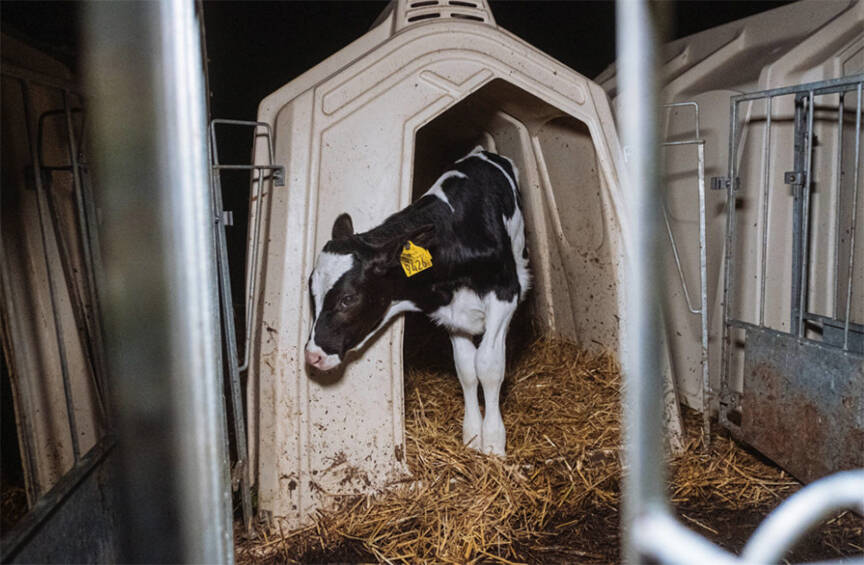According to a memo sent from the B.C. Cattlemen’s Association, the B.C. Society for the Prevention of Cruelty to Animals (SPCA) has put a program in place to conduct unannounced inspections of farms and ranches.
In a recent board meeting for the Regional District of Bulkley-Nechako (RDBN), a discussion was held in favour of supporting the cattlemen’s association in opposing the program.
The SPCA is authorized to perform inspections to residences and livestock operations without a warrant under section 15.1 of the Prevention of Cruelty to Animals Act.
This year, there will be unannounced two inspections conducted in each commodity group for a total of 12 province wide. The six commodity groups are beef, turkey, eggs, broiler, hogs, and dairy. The SPCA will bring their inspector and a veterinarian to each inspection. A staff person from the Ministry of Agriculture, Food and Fisheries will also participate as an observer.
The cattlemen’s association sent the memo to all its again members, stating that they have contacted the government to voice concerns about the program, and whether the the SPCA has authority to conduct random inspections. In the memo, they say that they intend to protect the personal rights of farmers and fully understand the scope of the SPCA’s authority. However, the Prevention of Cruelty to Animals Act clearly states that an authorized agent may enter any premises or a vehicle where an operator is engaging in a regulated activity for the purpose of determining whether this act and the regulations made under it are being complied with.
The cattlemen’s association is also seeking clarification, claiming as most of the info surrounding the project has been vague as there hasn’t been a formal announcement of the program on the non-profit’s website.
Despite the concerns from the cattlemen’s association and the RDBN, the SPCA’s project is in place, with a goal to be more proactive as opposed to reactionary in their practices. All animal cruelty investigations are donor funded, and they are worried that they lack the capacity to regulate the over 6,000 farms across the province. Proactiveness is a way to combat this issue.
The cattlemen’s association has asked its members to familiarize themselves with the Code of Practice for the Care and Handling of Beef Cattle, which was released by the National Farm Animal Care Council (NFACC) in 2013 and is a summary of required industry practices.
Code requirements by the NFACC are law under the Prevention of Cruelty to Animals Act, which the SPCA has authority to investigate. One example of a required practices in the act is that diary cow tails are no longer allowed to be docked, something that was previously a generally accepted practice in the farming industry.
Have a story tip? Email:
Eddie Huband
Multimedia Reporter
eddie.huband@ldnews.net Like us on Facebook and follow us on Twitter.

